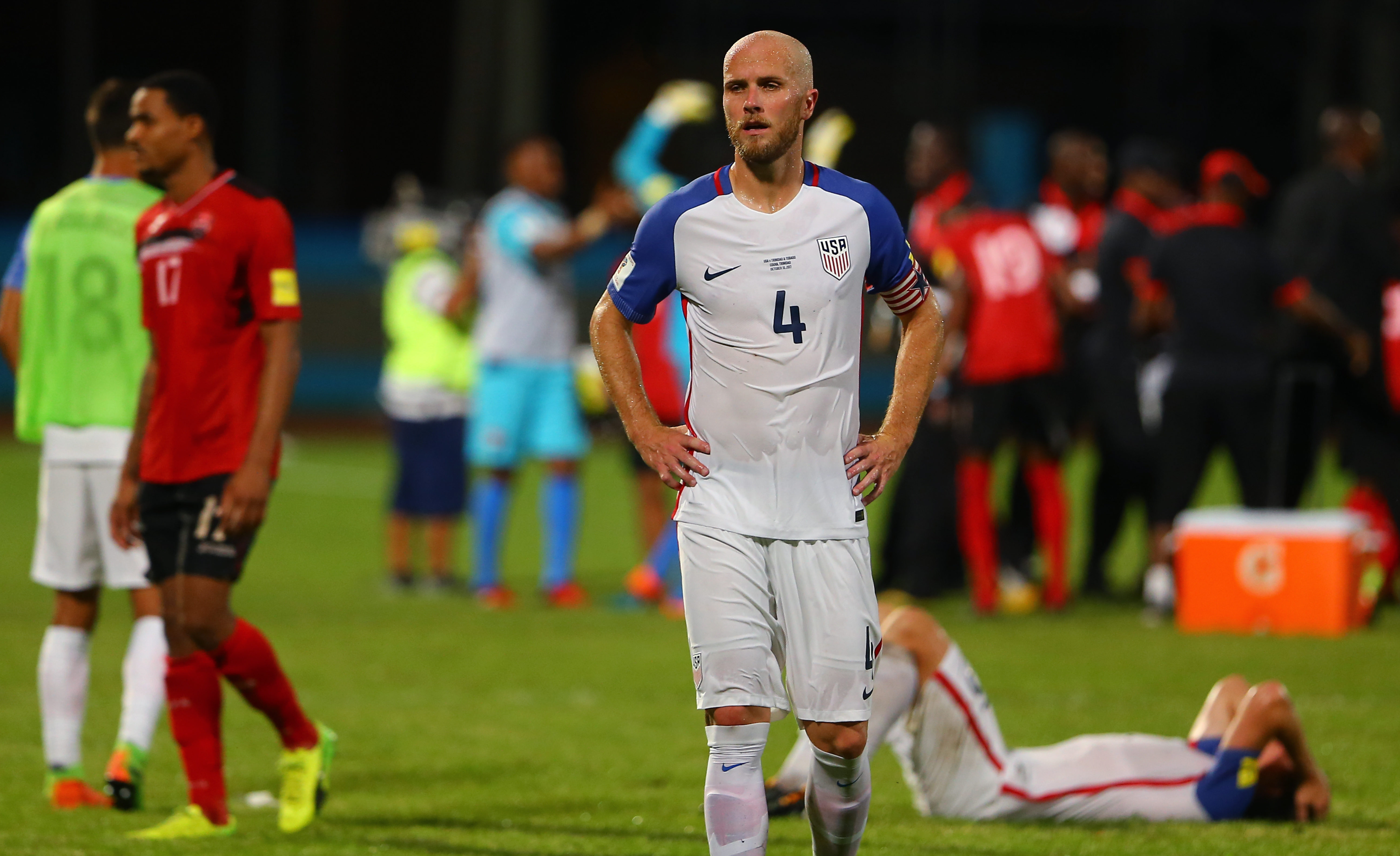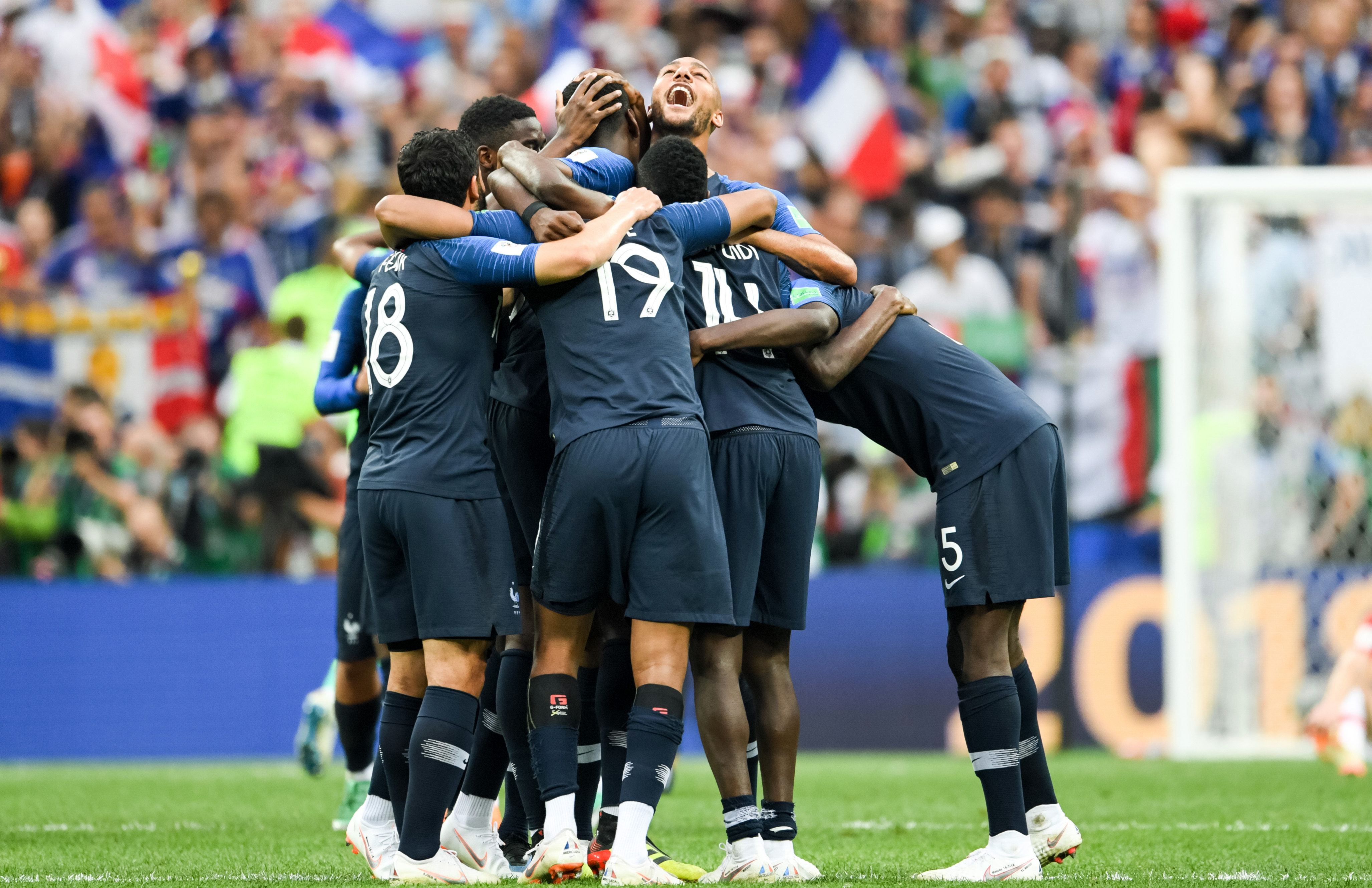France won the World Cup Sunday behind a team that played well defensively, grounded out results and relied on a few attacking players as the catalyst to win and advance.
In many ways, the construction of the squad provides a framework for the United States as the national team looks to re-group and rebuild for the 2022 World Cup.
The failure of the U.S. to qualify for this World Cup sent shock waves throughout the United States Soccer Federation. The national team had qualified for seven straight World Cups, advancing to the knockout round four times during that stretch, making the quarterfinals once and winning its group in 2010. This was (and is) a program that doesn’t not qualify for the World Cup.

The United States, especially in this region, simply doesn’t miss out on the tournament. Yet somehow, there were no yanks in Russia this summer.
The failure to make the World Cup is supposedly eye-opening for the USSF, as new leadership has promised a renewed emphasis on youth development to avoid any future failures. In France, there is a very intriguing model and mentality that could be ideal for the United States to replicate.
France won not through overwhelming possession or an explosive offensive team. Instead, team shape, grit, a defensive-minded mentality and a few key players stepping up in big moments carried the nation to its second World Cup title. France didn’t play the beautiful, flowing game of say a Brazil (OK, bad example this go-around). They instead worked together as a team, an intriguing blend of personalities coming together as a cohesive unit.
The vast majority of France’s 23-man roster for the World Cup either was born outside the country or recently emigrated there via parents. This blended squad mentality has long been the case for France, dating back to their World Cup win in 1998 with a roster that included Zinedine Zidane (born of Algerian parents), Thierry Henry (parents from Guadeloupe and Martinique) and Patrick Vieira (born in Senegal) among others. The United States, a melting pot of ethnicities and cultures, can benefit just as much if not more so than France in this regard.
The key for the USA is to not only develop this talent – and MLS academies will play a prominent role in this pipeline – but unearthing it in the first place. Even with MLS academies growing, the framework in a nation this large simply isn’t there yet to find all the hidden gems and diamonds in the rough.
While things are improving and places like the New York Red Bulls not only have a vaunted academy but send players to the first team, there simply aren’t enough programs in place to cover the number of soccer players in this country who could potentially grow into professionals and perhaps international players.
So while the growth of MLS academies in major population centers is huge for the continued development of the sport and the national team, it likely will fall on teams in the USL and the NPSL to fill the cracks in the system and provide a pipeline to the professional ranks. Unlike in France, with academy programs in place from Ligue 1 all the way on down to regional teams, the United States simply doesn’t have that same level of intricacy to the framework.
The other issue facing the United States is retaining talent, a fact that France as a juggernaut in world soccer doesn’t really face. The French national team, using academies across several levels of professional soccer, has been able to integrate a diverse population for betterment of their performance on the international stage.
Sunday’s win in the World Cup final highlights just how France can be a model for blending all the talent available in the United States to finally achieve sustained national team success.
The loss of Jonathan Gonzalez to Mexico last fall underscores the retention issue for the U.S. Having played for the United States youth national team system for years, the 19-year old star midfielder in the making switched to El Tri last year for a shot at playing in the World Cup. There is no reason, on paper, that Gonzalez, born in California and holding dual citizenship, should want to switch after having played for the United States up to the U-20 level.

Now the United States will face a similar tug of war for Efrain Alvarez, a player who like Gonzalez is a dual citizen. Currently playing for LA Galaxy II in the USL, Alvarez is an immensely talented player, one who technically already possesses the qualities of being a difference maker. His inclusion and potential growth for the United States over the next four years could have an impact on how this team will look ahead of the 2022 World Cup.
There are plenty of players, like Alvarez, in the pipeline down the road. The United States needs to win this tug of war with Mexico if it hopes to not only keep pace in the region but grow into a true international soccer powerhouse.
At the end of the day, the United States is still a country experiencing growing pains as a soccer nation. It is flawed, yes, and will still miss plenty of sitters as it continues to develop. What’s missing from this nation, a true pipeline of talent to the professional ranks and national team level, still is just a few years in its infancy. MLS academies remain limited and very raw in turning out high-level talent.
With time, it will get better. With time, it might just look like France’s squad that won the World Cup Sunday.
